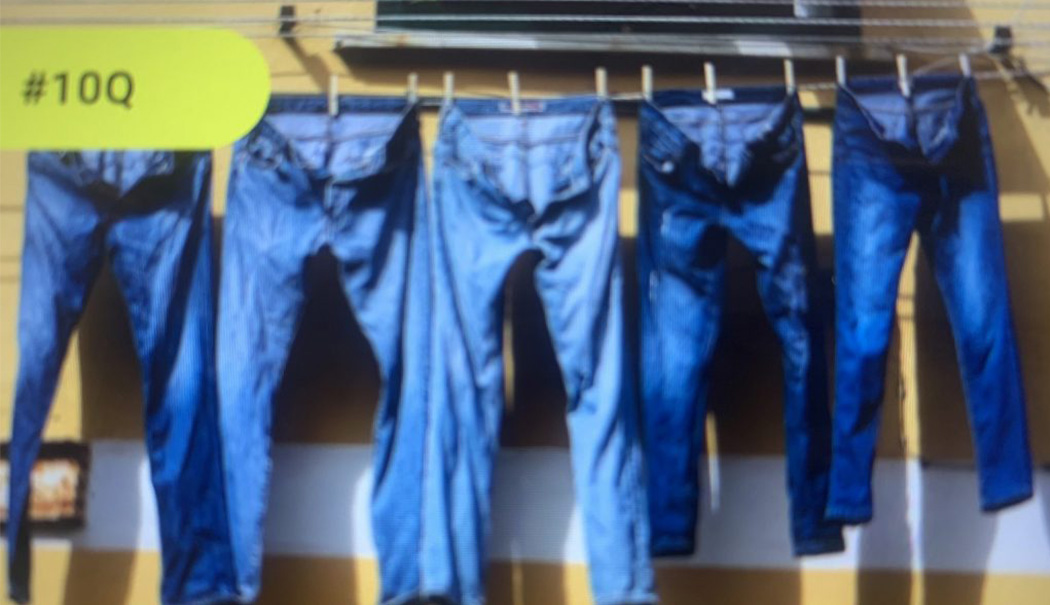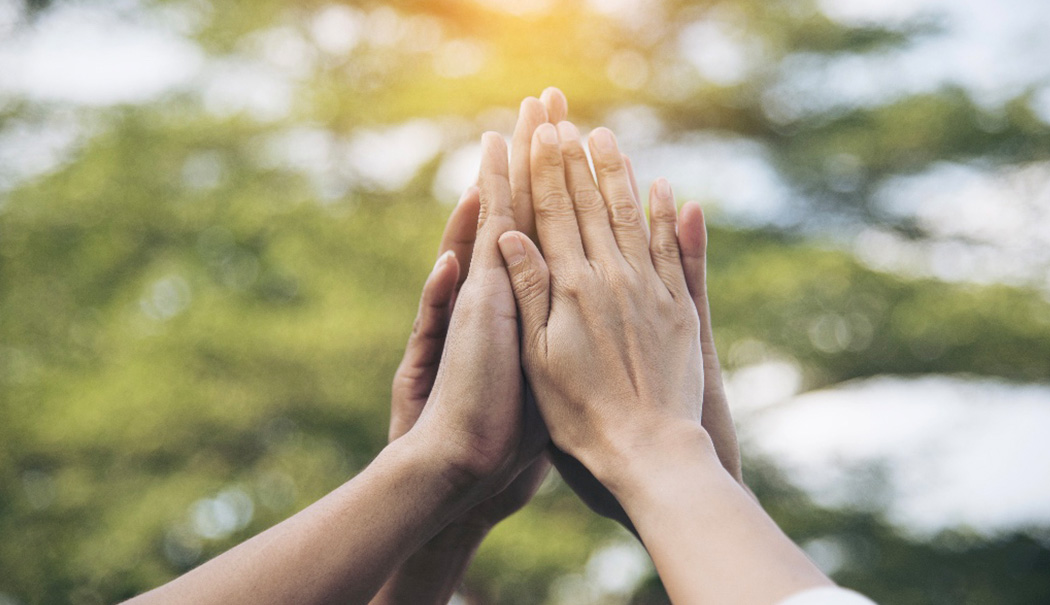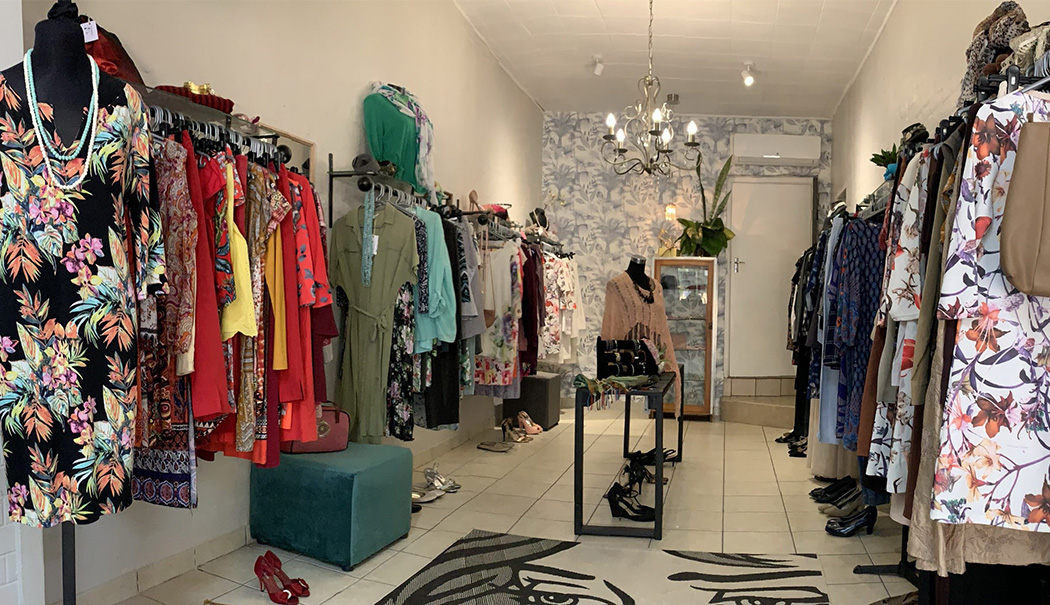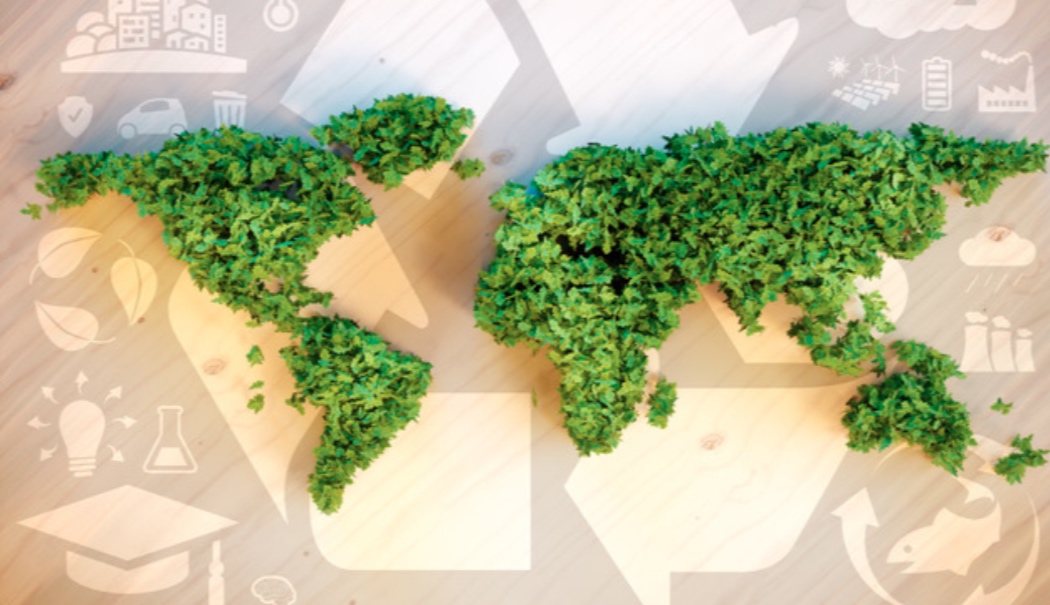Thrifting is a growing trend
An interview in Retailing Africa on 21 May 2021
Chic Mamas Do Care is a South African volunteer-based, purpose-led brand founded on sustainable fashion, intent on supporting educational development projects to help break the cycle of poverty in SA. It was founded in 2010 by Abigél Sheridan in her living room in Cape Town by facilitating the sale, trade and swapping of good quality preloved clothing, all proceeds going towards selected project beneficiaries. Chic Mamas Do Care has established boutique stores based in Cape Town, Joburg and Durban. The NPO has supported pre-schools, literacy and numeracy projects, and ECD (Early Childhood Development) centres over the years. Guided by the pillars of sustainable development, the purpose-led brand positively impacts communities; the environment through recycling and upcycling; and creating a stable social enterprise that grows annually. Since its inception, Chic Mamas Do Care has donated more than R8 million to various projects.

In 2020, the social enterprise expanded its offering to be more widely available. Love It Again, was launched as an online preloved marketplace where conscious consumers can simultaneously shop for sustainable fashion while effortlessly contributing to educational beneficiaries. Sheridan was born and raised in Budapest, Hungary. She has lived in eight countries and speaks four languages. In 2005, she and her family moved to South Africa, Cape Town. Thrifting is a growing trend, as the majority of Millennials and Gen Z consumers are more comfortable buying sustainable fashion. In fact, according to research conducted by GlobalData, the 18 – 37-year-old age group choose used-goods over new about 2,5 times more than other generations.
1. Please highlight the principles of sustainable fashion?
Sustainable fashion means that we have to care about the resources we use to create clothing and fashion. The three main pillars of sustainable growth comprise the environment, society and economy, i.e., Planet, People, Profit. It is very important to look into where your clothing comes from, who makes them and what they are made of. Are the people who made your shirt paid fairly and working under suitable conditions? In terms of the environment, the efficient use of water, energy, chemicals and resources are the most important concerns. Fabric made of synthetic, artificial chemically induced materials is not good for our health or for the planet. Plastic microfibres end up in our ocean and enter our food chain. It is critical to understand that we are interconnected to all there is. Fashion is the second biggest polluter in our world: 90% of chemicals used in the textile industry end up in our rivers, carbon emissions contribute 10% of the total, using thousands of litres of water for creating fashionable denims cannot be sustained. Recycling and reusing our clothes are great solutions to many of the above issues. Sustainable fashion is conscious fashion.
2. What was the original strategy behind Chic Mamas?
I wanted to contribute to education. I realised that to break the cycle of poverty, one needs to have quality education from very early on. Supporting early childhood development (ECD) gives hope to children who live in abject poverty. Ensuring that they get a good start in life is essential, paving the way for life-long learning. Those who have good foundations have a better chance of matriculating and/or going to study further. Today, our impact is significant on many levels.
3. Tell us more about your national expansion?
Currently, we have three shops in Cape Town, Durban and Johannesburg. We also have an online presence called Love It Again. Our shop sells good quality donated items. We also have a Swap4Charity element (people receive tokens for their items). All the profit we make at these locations support local project beneficiaries. Each community can actively be involved with the upliftment of their neighbouring townships.
4. Who has benefited from the NPO’s success to date?
We have distributed over R8 million since the start. Our beneficiaries are pre-schools, ECD centres or projects, literacy, numeracy, art therapy, music, dance and similar vital educational development projects in very impoverished areas of South Africa. To date, we’ve positively impacted thousands of children and made their education more holistic and uplifting (with nutrition, proper facilities and safety, libraries, renovating of premises, teacher training, etc).
5. How can other brands become purpose-led good citizens?
If we put people and the planet before profit, our societies will change for the better. Today, about 40% of the world’s population still lives in extreme poverty; this number is 55% in South Africa. And the scale of environmental degradation across the globe is extreme; depletion of resources, destruction of ecosystems and habitat, extinction of wildlife, and pollution etc. Finding inspiration to become purpose-led is easy, but making the real commitments is the big question. And that needs to come from leadership as much as grassroots levels.
6. What are you most proud of?
The amazing volunteers and communities around us and their growing support. I’m also proud that I’ve been able to inspire and mobilise people to be part of our mission and believe in our concept. They’ve bought into our values of integrity, transparency and consistency. While we work hard, we keep finding more and more energy to fuel us further when we work for a purpose.
7. Do you have a life philosophy?
Yes, I believe we shall find our sole purpose in this life and find other dimensions beyond our physical reality (whatever that means to you personally). Our five senses can only perceive a segment of our existence.
8. How do you inspire others?
I like to believe I do what I say. My actions speak for themselves; and I put a huge amount of energy into everything I do.
9. What do you love most about South Africa?
The people. The diversity. The beauty of the land. And the animal kingdom. And the flora, etc. My list is endless. I am fortunate that I can live here and experience its magic.
10. What is your superpower?
‘I think with my heart, and I feel with my mind’. The intelligence of the heart is beyond our current understanding. I feel blessed that I can live from my heart.
Main image credit: Photo by Ricardo Gomez Angel on Unsplash.




